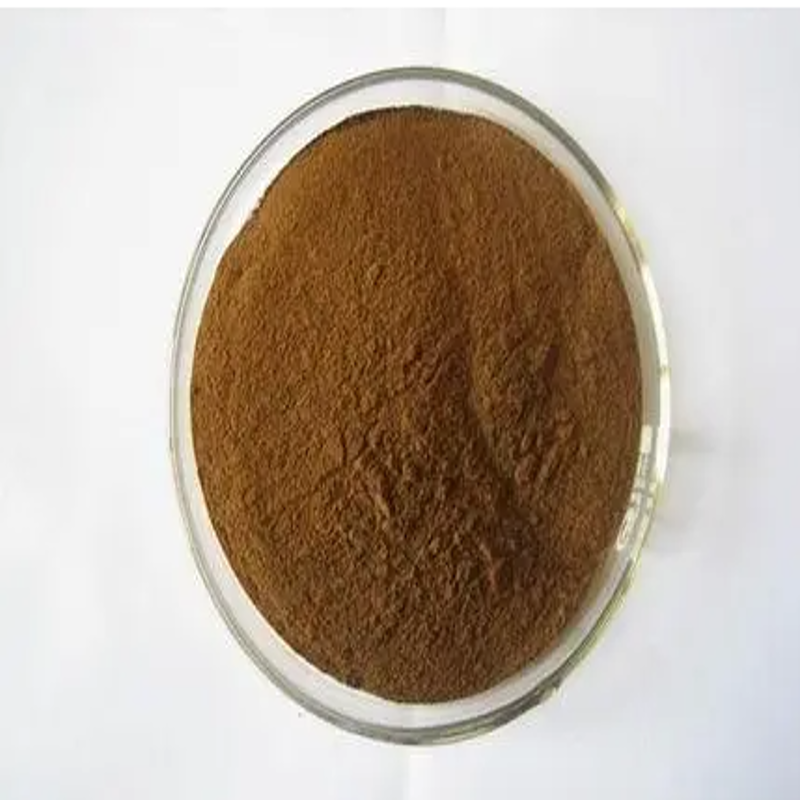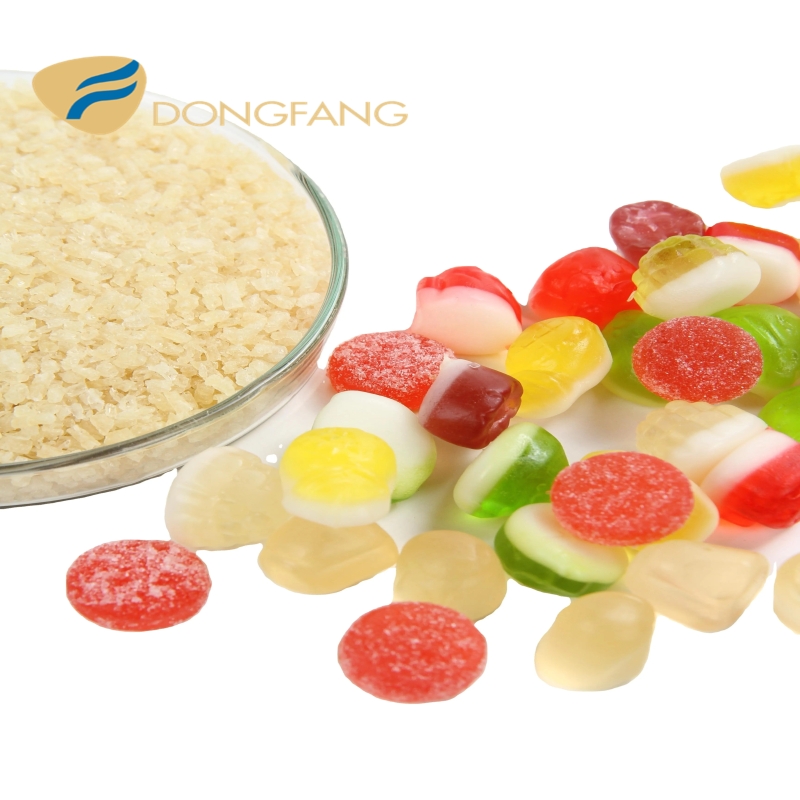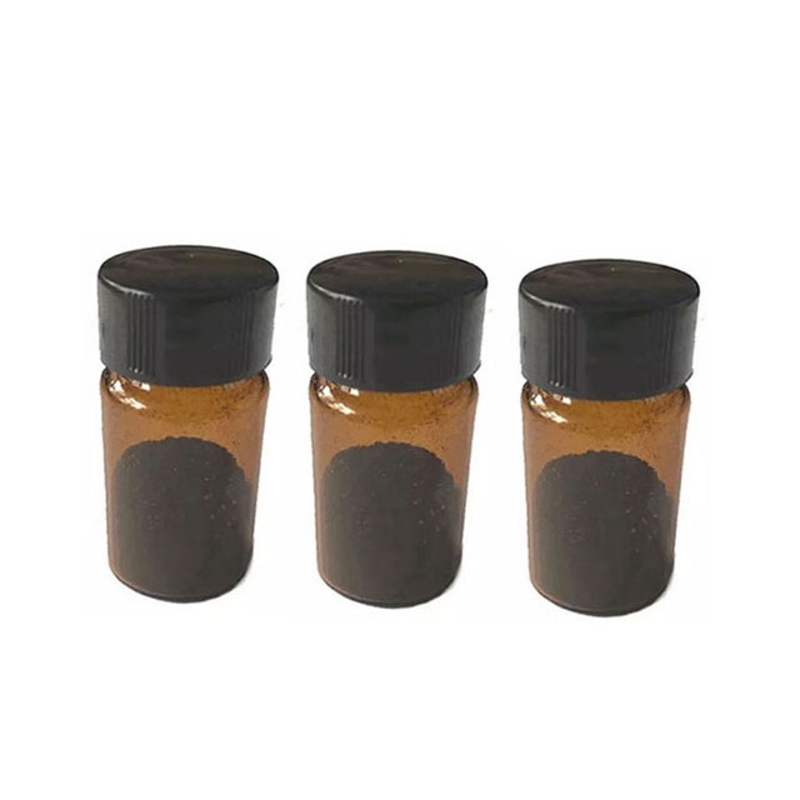-
Categories
-
Pharmaceutical Intermediates
-
Active Pharmaceutical Ingredients
-
Food Additives
- Industrial Coatings
- Agrochemicals
- Dyes and Pigments
- Surfactant
- Flavors and Fragrances
- Chemical Reagents
- Catalyst and Auxiliary
- Natural Products
- Inorganic Chemistry
-
Organic Chemistry
-
Biochemical Engineering
- Analytical Chemistry
- Cosmetic Ingredient
-
Pharmaceutical Intermediates
Promotion
ECHEMI Mall
Wholesale
Weekly Price
Exhibition
News
-
Trade Service
Scientists in Birmingham described a potential new target and strategy for antithrombotic therapy.
Their findings indicate a new platelet activation mechanism involving the binding protein S100 A8/A9 to the GPIbα platelet receptor, which has not previously been described as a target for anticoagulation therapy
These studies were conducted by Dr.
S100A8/A9 is expressed in white blood cells (neutrophils) and is a risk-related molecular pattern (DAMP), including a variety of molecular families that initiate inflammation during disease
S100 A8/A9, which is normally stored in cells, is released into the circulation during infection or inflammation, where it activates other immune cells
The concentration of S100 A8/A9 in the plasma of 87 severely ill patients extracted by the researchers from the blood of COVID-19 patients in the intensive care unit continued to be high (10-40 μg/ml)
After these findings, the researchers turned their attention to whether or how S100 A8/A9 affects platelet function, and found that recombinant human S100 A8/A9 induces the formation of procoagulant platelets in healthy human blood samples, which is a form of support for blood clotting The platelet population
The level of platelet activation is both significant and concentration-dependent, and has been confirmed in studies using a series of pro-coagulant markers
Surprisingly, their results showed that although recombinant S100 A8/A9 does not induce platelet aggregation, it does induce fibrin production in whole blood
Dr.
The researchers then tested whether S100 A8/A9-induced platelet activation can be reduced by antiplatelet drugs and non-steroidal anti-inflammatory drugs or by targeting the known receptors of S100 A8/A9
Studies using human platelets confirmed this, showing that recombinant GP1bα inhibits S100A8/A9 activation (measured by p-selectin expression, gpiibiia activation, and phosphatidylserine exposure)
Dr.
The University of Birmingham enterprise has filed a broad-based patent application involving the interaction of S100A8/A9 and GPIbα receptors in the treatment and prevention of inflammation and thrombotic diseases
Researchers are continuing to study the basic mechanisms and approaches.
The level of S100A8/A9 is elevated in COVID-19 patients, and it induces platelet coagulation in a gpib-dependent manner.







